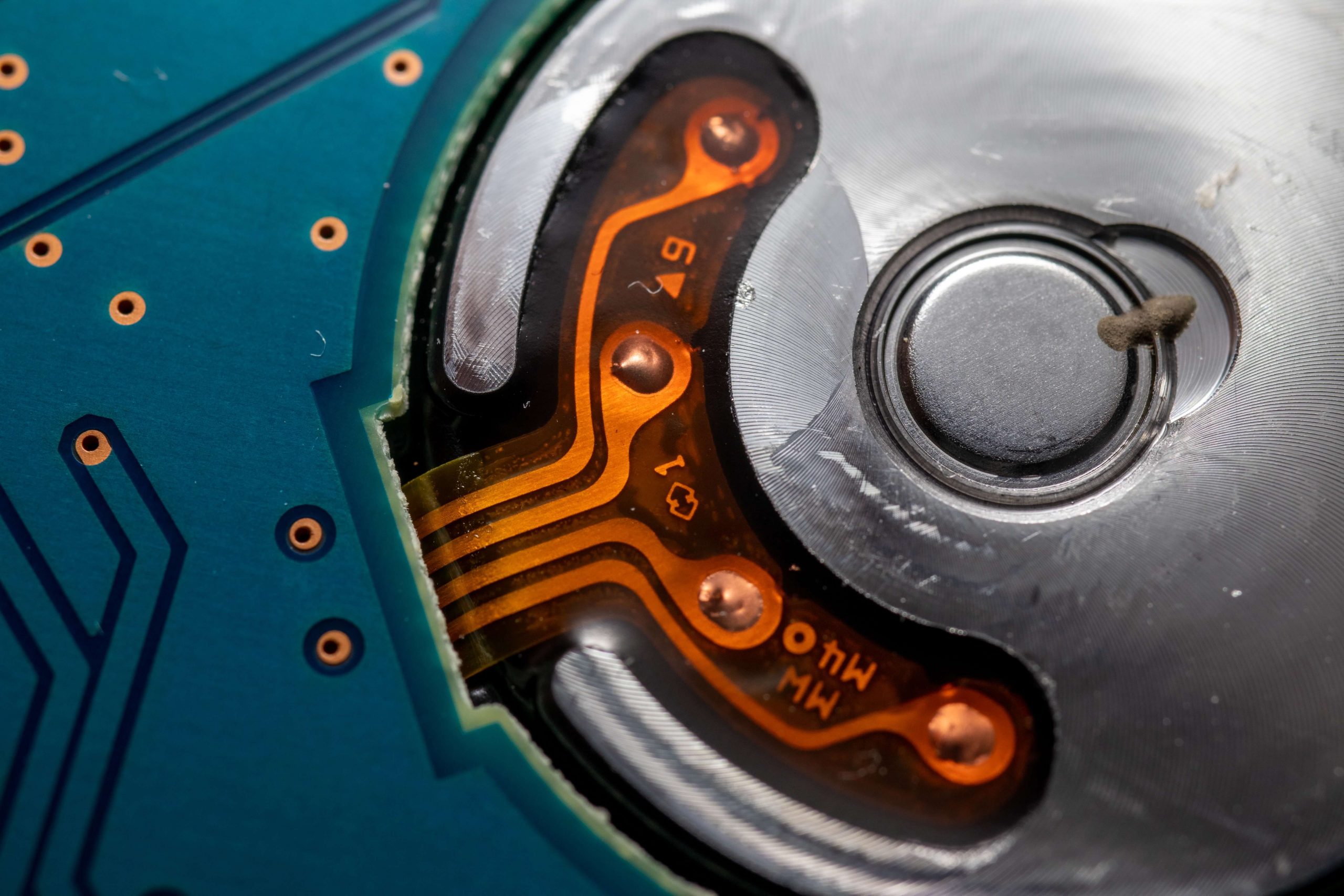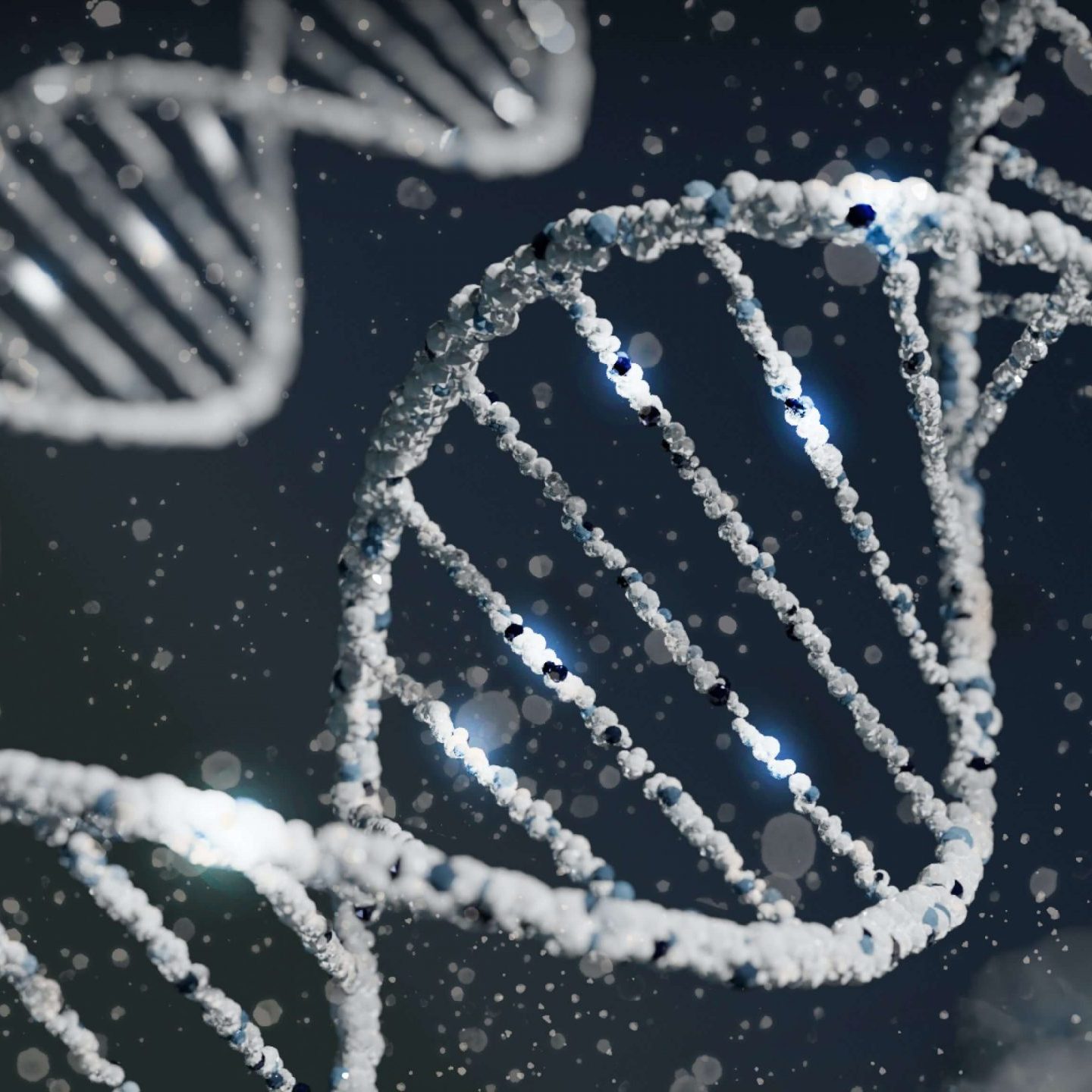Akademia
Quantum Computing: A New Way of Solving Problems, a New Way of Thinking

Dario Gil: Quantum Computing could tackle unresolvable problems for supercomputers, and their solution will impact the future of humanity.
The Bankinter Innovation Foundation is kicking off #FutureTalks, an initiative to bring closer to the Spanish society today’s most disruptive trends, those making their mark in the future. #FutureTalks is supported by experts of worldwide renown. We are kicking off this initiative with a hot topic: Quantum Computing, in the hands of Dario Gil, vice president at IBM and senior leader at IBM research.
Following an introduction by our manager, Juan Moreno, Dario Gil provides a masterclass on quantum computing fundamentals accessible to everyone: how it compares with super-computing, what is the state of the art and where we are headed, the current applications and their potential to solve tremendously complex problems; how the way we understand the world will change and bring about radical innovations that are unfathomable today, such as the discovery of new molecules and applied materials for health care and energy.
These are some of the ideas shared by Dario:
1.- Fundamentals of quantum computing
A quantum computer is based on quantum mechanics, hence its name. Quantum computers use qubits, which are sub-atomic particles. Unlike bits that store information in 0s and 1s, qubits can exist in simultaneous 0 and 1 states. This is called quantum superposition. They can also influence each other through quantum entanglement.
Thanks to these two properties, quantum computing can tackle unresolvable problems for traditional computing. If you wish to learn more, you can do so here.
On the flipside, quantum computers are much more prone to errors than traditional computers because of decoherence: the interaction of qubits with the environment makes their quantum behavior unstable. This problem is being solved by isolating qubits from the outside world, in a vacuum, at extremely low temperatures.
2.- Comparison with supercomputers
The most powerful supercomputer in the world, the IBM summit, can make 200 billion calculations per second (200 petaFLOPS). By way of measure, if each and every human being on Earth today made one calculation per second, it would take 305 days to complete all the calculations Summit can make in a second.
This type of supercomputer speeds up discovery processes and has been used in the fight against COVID-19 for example. However, they cannot simulate or model the world around us. They accelerate discovery processes, but in the words of Darío, who quotes Richard Feynman, “nature isn’t classical and if you want to make a simulation of nature, you’d better make it quantum mechanical”. That is the kernel on which quantum computers are built: if we want to solve exponential problems, we need computational power to access the exponential space.
Difficult problems where the number of variables grows exponentially cannot be addressed with classical computing. This is where the properties of qubits come into play: the entanglement status represents nature very well: they have the exponential power, and as a result, you need a lot less qubits than bits to represent a given status.
This illustrates the concept of exponential power: to represent 2 qubits, you need 512 bits. To represent 100 qubits, you need more bits than all the atoms on Earth. And to represent 280 qubits, you need more bits than all the atoms in the universe.
3.- Scope of application
The properties of qubits enable a new type of logic, different from the binary logic. They enable three types of applications:
-
- Simulate nature. By researching new materials and molecules.
- Machine learning and encryption. This will accelerate innovations in artificial intelligence and new cryptographic systems.
- Scenario optimization. To solve complex logistical and sampling problems.
4.- The status and the future of quantum computing
As of today, IBM has 64 qubit quantum machines. By the end of 2021 we expect achieving 127 qubits. Currently, work is being done in cooling and isolation systems that can store up to 1 million qubits. They may become a reality this very decade. This will be a watershed moment, when we can tackle problems that not even all the supercomputers in the world can tackle together.
At the same time, the software that runs on these computers is being built and the ecosystem of scientific specialists, engineers and programmers is being created. Dario mentions how human capital, people, are paramount. He calls them the discovery communities.
Dario mentions that this year there will be more than 1 million people with programming skills in quantum environments.
Some final thoughts about quantum computing
- Quantum computing, artificial intelligence, supercomputers, and the hybrid cloud places us in a privileged position to speed up discoveries: there is a pressing need to invest more in science and technology to SOLVE societal and planetary problems.
- Quantum computer has not arrived to replace super computers: the digital and the analogical, the bit and the qubit will coexist and complement each other. Quantum computers are intended to be a different tool to solve different problems. They are not meant to replace classical computers. According to Dario’s vision, bits, qubits, and neurons will interact in the future.
- Quantum computers consume a lot less energy than super computers by several orders of magnitude. The Summit supercomputer we mentioned consumes 15 megawatts, compared to the tens or hundreds of kilowatts consumed by a quantum computer.
- Encryption and cybersecurity: Secure algorithms against the quantum computers of the future already exist. BUT time is of the essence to migrate from current encryption systems to the new protocols, so that the present may not be decrypted in the future.
- Quantum system governance: an ethical framework that enables a responsible design and adoption of quantum computing is required. Dario collaborates with the prestigious neuro-biologist Rafael Yuste to propose lines of work in this field.
- A recommendation for Europe and Spain: Make the means available for professionals to engage, understand and learn. The key lies in granting access to quantum machines with user-friendly programming environments.
Feel free to see other #FutureTalks already celebrated:
#FutureTalks about the education of the future with Angel Cabrera, Chairman of the Georgia Institute of Technology.







